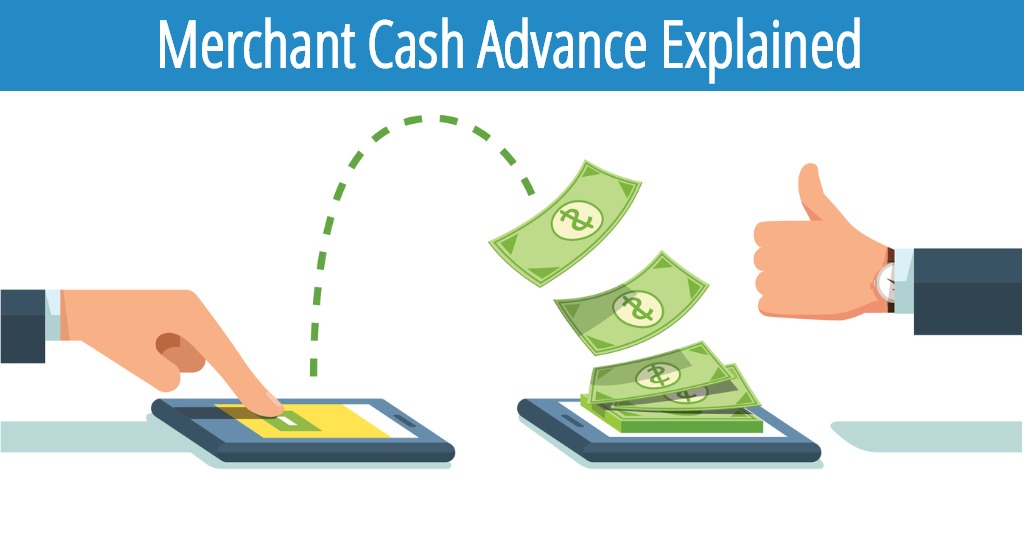Small businesses often face challenges when it comes to securing funding. Traditional loans may not always be accessible due to stringent requirements, long application processes, or inadequate credit history. In such scenarios, a Merchant Cash Advance (MCA) can be an attractive alternative. This flexible financing solution offers businesses quick access to capital without the burdens associated with traditional bank loans. However, while it can be a lifeline, MCAs can also lead to financial strain if not managed properly.
What is a Merchant Cash Advance (MCA)
A Merchant Cash Advance is not a loan in the traditional sense. Instead, it is an advance against future sales, particularly credit and debit card sales. Businesses receive a lump sum of money upfront in exchange for a percentage of their daily sales until the advance, plus a fee, is repaid. This type of financing is often used by businesses that may not qualify for conventional loans but need quick access to capital.
How Does an MCA Work?
The key feature of an MCA is that repayment is based on a percentage of daily sales. This means that repayment amounts fluctuate with the business’s revenue. On days when sales are high, the repayment amount will be larger, and on slower days, it will be smaller. This flexibility makes MCAs appealing to businesses with seasonal or variable income.
MCAs are typically repaid through one of two methods:
Split Withholding: The MCA provider works with the business’s payment processor to automatically take a percentage of daily sales. This method ensures repayment is seamless and aligns with the business’s cash flow.
ACH Withholding: In this method, the MCA provider takes a fixed daily or weekly amount from the business’s bank account regardless of daily sales. While this method is less common, it can be beneficial for businesses that don’t rely heavily on credit card sales.
Advantages of Merchant Cash Advances
Merchant Cash Advances offers several benefits for small businesses that need quick funding:
Fast and Easy Access to Capital: One of the primary advantages of an MCA is how quickly businesses can access funds. Traditional loans often take weeks or months to process, whereas MCA providers can approve and disburse funds in a matter of days.
No Need for Perfect Credit: Many small business owners struggle to secure traditional loans due to poor or limited credit history. MCA providers focus more on the business’s sales performance rather than its credit score, making it easier to qualify.
Flexible Repayment: Since MCA repayments are tied to sales, businesses with fluctuating revenue have flexibility in repayment. If sales are slow, the repayment amount is smaller, which can ease cash flow pressures.
Unsecured Financing: Unlike traditional loans, most MCAs don’t require collateral. Businesses aren’t at risk of losing valuable assets if they struggle to repay the advance.
Managing MCA Debt: MCA Debt Relief
Given the high cost and potential financial strain associated with MCAs, many businesses find themselves in need of MCA debt relief. MCA debt relief is a process that helps businesses restructure their repayment terms or settle their debt at a reduced amount. There are several approaches to MCA debt relief, depending on the business’s specific situation:
Renegotiating Terms: Some businesses can negotiate directly with their MCA provider to reduce the percentage of daily sales taken or extend the repayment period. This can provide immediate relief by reducing the amount withheld each day.
Debt Consolidation: For businesses with multiple MCAs, consolidating debt can be an effective solution. A debt consolidation company may offer a loan with a lower interest rate to pay off the MCA, reducing the total amount the business owes and simplifying the repayment process.
Settlement: In cases where a business is struggling to repay the MCA, it may be possible to settle the debt for a reduced amount. MCA providers may agree to a settlement to recover some of the advance rather than risking total non-repayment.
Legal Action: Some businesses may need to seek legal assistance if they believe the MCA provider engaged in predatory lending practices. This is especially important since MCAs operate in a largely unregulated space.
Is an MCA Right for Your Business?
A Merchant Cash Advance can be a helpful tool for small businesses needing quick access to capital. However, the high costs and potential risks must be weighed carefully. If your business is considering an MCA, it’s essential to fully understand the terms of the advance and ensure that it aligns with your cash flow and long-term financial goals.
Moreover, if you find yourself struggling with MCA repayment, seeking MCA debt relief early can prevent financial hardship and help you regain control of your business finances. As with any financial decision, it’s crucial to explore all options and consult with financial professionals before committing to an MCA.
Conclusion
Merchant Cash Advances offer a flexible, fast solution for small businesses in need of capital. However, they come with significant costs and potential risks. Ultimately, while MCAs can provide immediate financial relief, they should be used with caution to avoid long-term financial difficulties.


